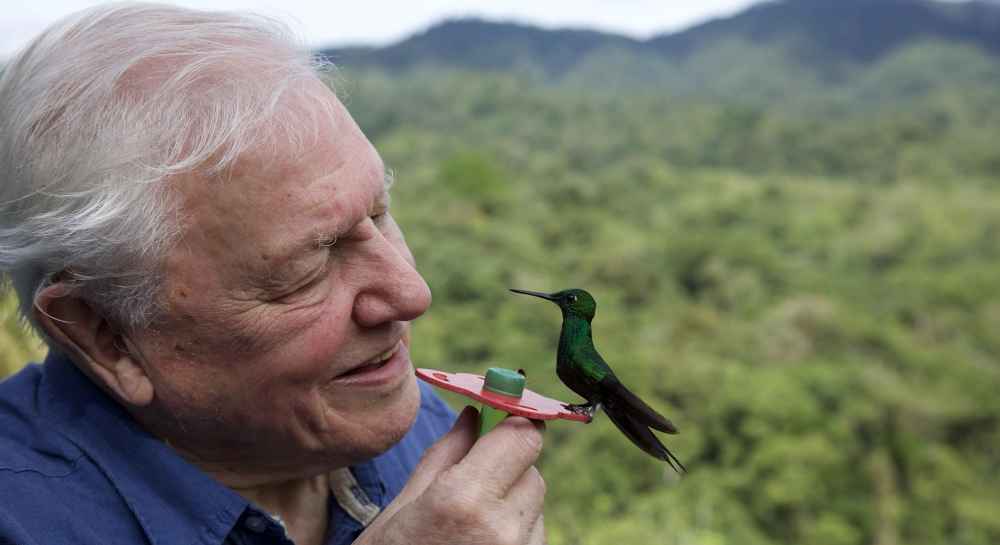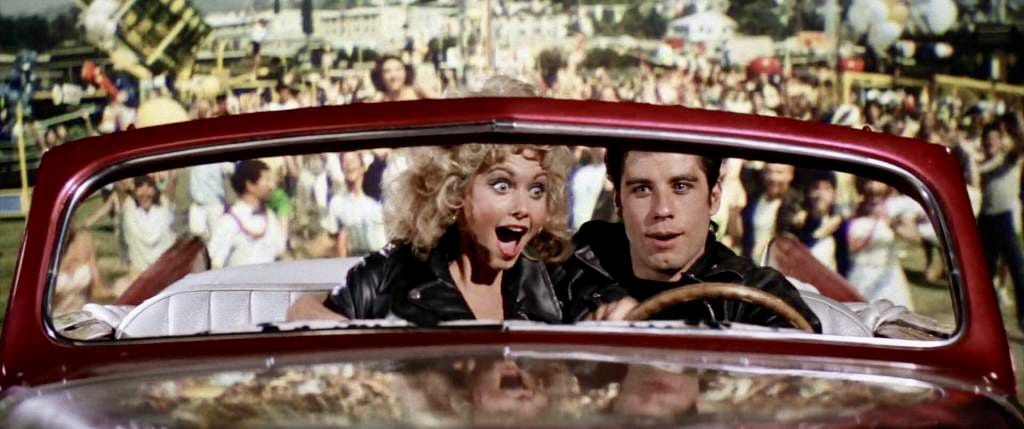By Joshua Edwicker, Fourth Year, Global Political Economy
In 1936, two years before the invention of the toothbrush and four years before the invention of the microwave, David Attenborough and his brother, Richard, sat down for a talk by Archibald Belaney. Belaney (1888-1938), regarded as one of the first popular conservationists, left such an impression on a young David, that Richard later revealed that David was ‘bowled over by the man’s determination and by his warnings of ecological disaster should the delicate balance (of nature) be destroyed’.
In 2023, in a technological world awash with artificial intelligence, whisperings of voyages to Mars and the development of self-driving cars, 5.6 million in Britain sat down to watch the first instalment of Planet Earth III by Sir David Attenborough. The role Attenborough plays within a national and international conscience as being at the vanguard of environmentalism, long before it was popular, is what this article argues will propel him into being on a par with such figures as Dickens, Darwin & Newton with the passing of the sands of time.
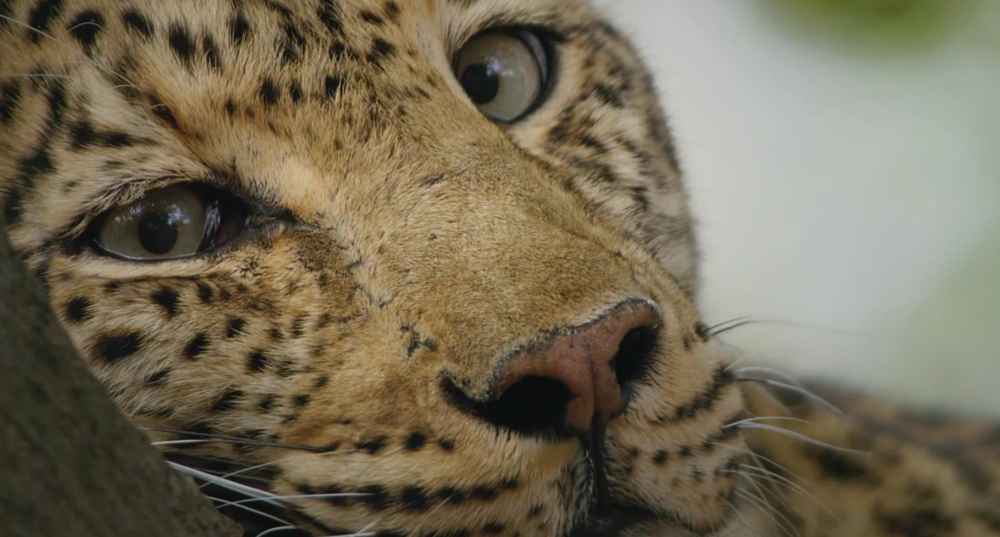
Attenborough is, I would argue, the most beloved individual in the United Kingdom, bizarrely what seems such a hyperbolic statement is in fact, anything but. YouGov polling into popularity in the UK placed Sir David comfortably at the top, with 84% popularity, which intuitively still seems rather low. His enduring ability to captivate audiences is illustrated by the viewing success of Planet Earth III, whilst his Netflix Original – Our Planet, became the most watched original documentary upon release with a staggering 33 million viewers in the initial month of broadcast. The international reach of Attenborough is remarkable, and was rewarded in 2022 by acclaim from the United Nations as ‘Champion of the Earth’ for his work in educating the global population on climate change.
Here we reach the crux of what I contend will define the admiration of Attenborough for decades and even centuries to come. Throughout Planet Earth III, and increasingly throughout his recent projects, Attenborough has become more and more strident in his articulation and visualisation of the effects of the Anthropocene. In Planet Earth III, the viewer is shown the trauma of the seals enacted by mass fishing and the scorched land of Brazil, threatening to destroy ecosystems for farmland.
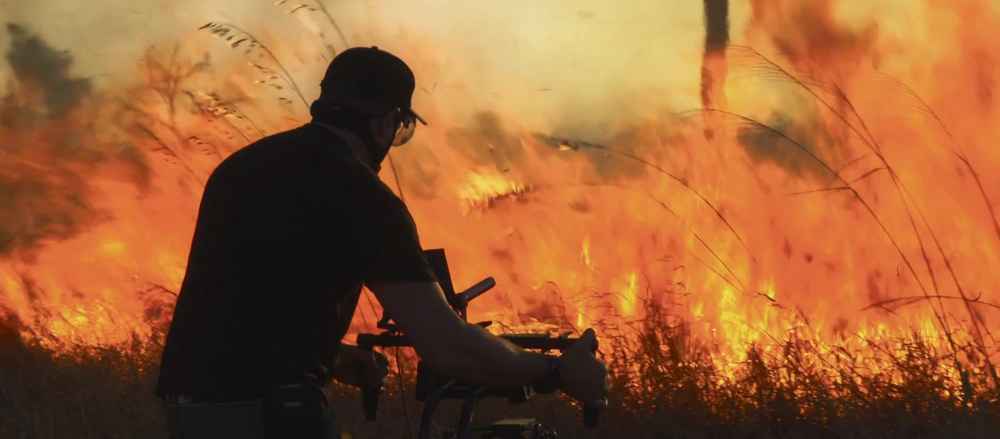
These are examples most of us know, but that is the quintessential problem with climate change, the facts are known, but the suffering is so far removed from our lives in the UK that the majority of us can choose to ignore it. This is the beauty of Attenborough, over the last 10 or so years, Sir David has taken these examples and created a story, an emotive link between nature and viewer. The creation of this link is critical for any hope of garnering public support for policies necessary to avoid climate catastrophe.
Attenborough is in the perfect position to tell these stories, as perhaps the only human to have lived that has seen the destitution of our planet first-hand in every eco-system. Presenting his first show, Zoo Quest, in 1954, the year the Microwave was invented, has given Attenborough access to the documentation of natural world for almost 70 years. Over that time atmospheric CO2 concentration has risen by at least 85ppm, average global temperature has risen by 1 degree centigrade & between 1970-2018, wildlife populations have imploded, falling by 69%. Attenborough’s position as storyteller of the climate crisis is critical, he is not only a trusted voice, but one who’s wealth of experience places him in a unique position of being able to transgress generational lines.
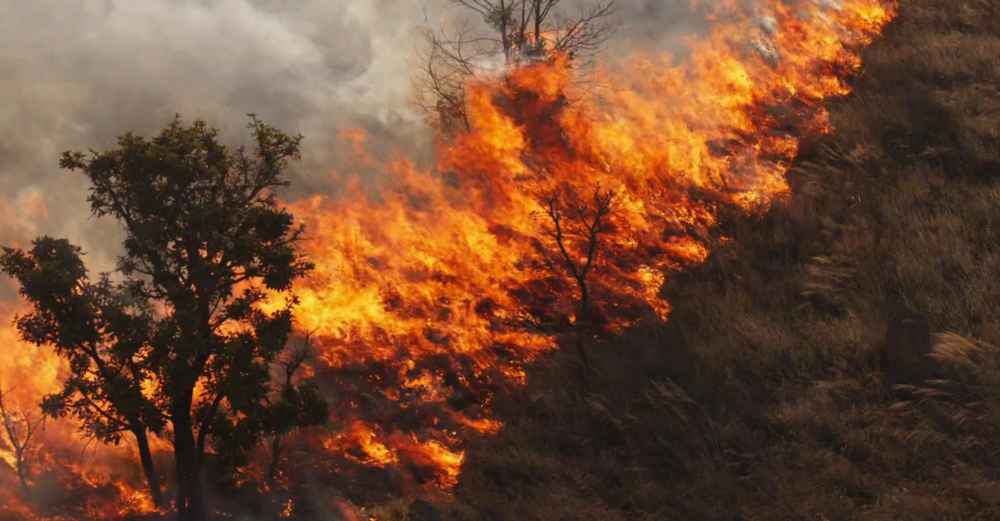
Attenborough has been watched by the eldest within society for decades and by the youngest in society for their whole lives. Many of you reading may resonate with my own personal sentiment, that my first exposure to the rolling grasslands of the savannah or the vast icy deserts of the Arctic was accompanied by the gentle and soothing tones of Sir David’s voice. For generation after generation, Attenborough has provided the stories, devolved his knowledge, and more recently communicated science’s warnings over the destruction of that ‘delicate balance’ argued by Belaney in 1936.
In history, the achievements of great people are often only truly realised decades or centuries after their own lives - Alan Turing, Vincent van Gogh, and Henry Thoreau to name a few. Whilst I am by no means claiming Attenborough has been ignored or unappreciated, I do propose that as the Climate Catastrophe worsens, as seems inevitable, his role as both a documenter of the beauty of our planet and as a communicator of the perils of our anthropological interference will become paramount for inspiring future generations.
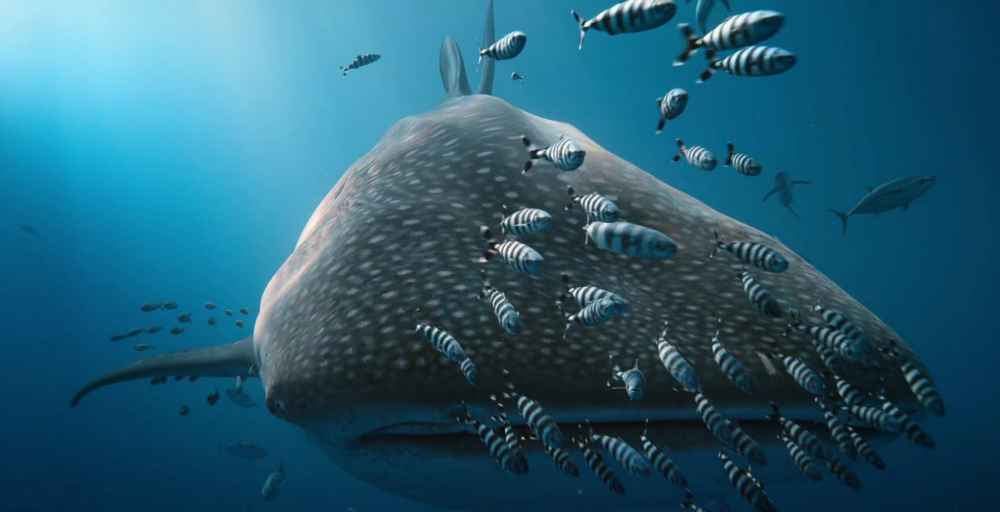
In the same way in which speeches by Martin Luther King carry resonance for civil rights struggles today, and in the same way that writings by Jeremy Bentham supported universal suffrage, the abolition of the death penalty & decriminalisation of homosexuality, (long before such ideas became remotely popular), I believe that Sir David’s works, especially his documentation of the natural world, will provide inspiration, admiration and determination for generations of environmentalists who have yet to be born.
From learning about conservation in 1936, Attenborough has become one of the most famous conservationists of the 20th and 21st Centuries. He inhabits a unique position within history, straddling both the technological revolution and environmental degradation of Earth’s history, this alongside the beauty of his work, propels him toward historical immortality. His ability to anthropomorphize nature is his greatest gift, to tell natures story in a manner which elicits such emotions. In the words of the poet, Rudyard Kipling ‘If history were taught in the form of stories, it would never be forgotten’. I finish with a comment made in the BBC Studio on Whiteladies Road in Bristol in the late 1980’s – ‘We need to think about who is going to take over from David” – over thirty years later, no one has, and it is safe to say no one ever could.
Featured Image: IMDb
Will Sir David Attenborough be remembered for centuries to come?

